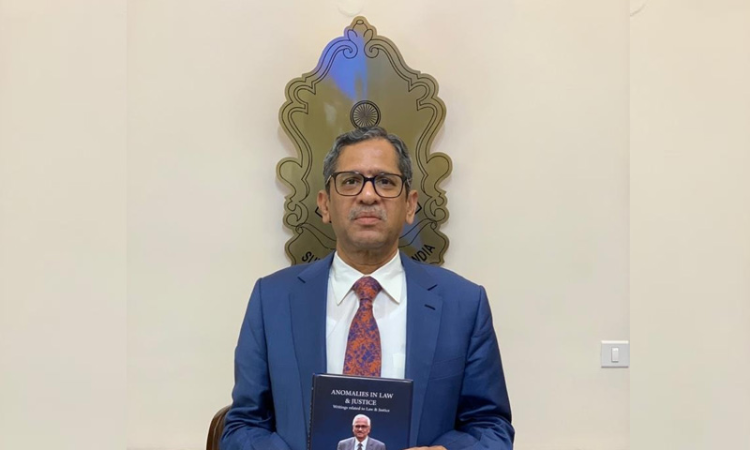While delivering the 17th Justice P D Desai memorial lecture on "Rule of Law", CJI Ramana on Wednesday stated that it is imperative to start a discourse as to how social media trends can affect the institutions. "While there is a lot discussion about the pressure from the executive, it is also imperative to start a discourse as to how social media trends can affect the institutions."...

